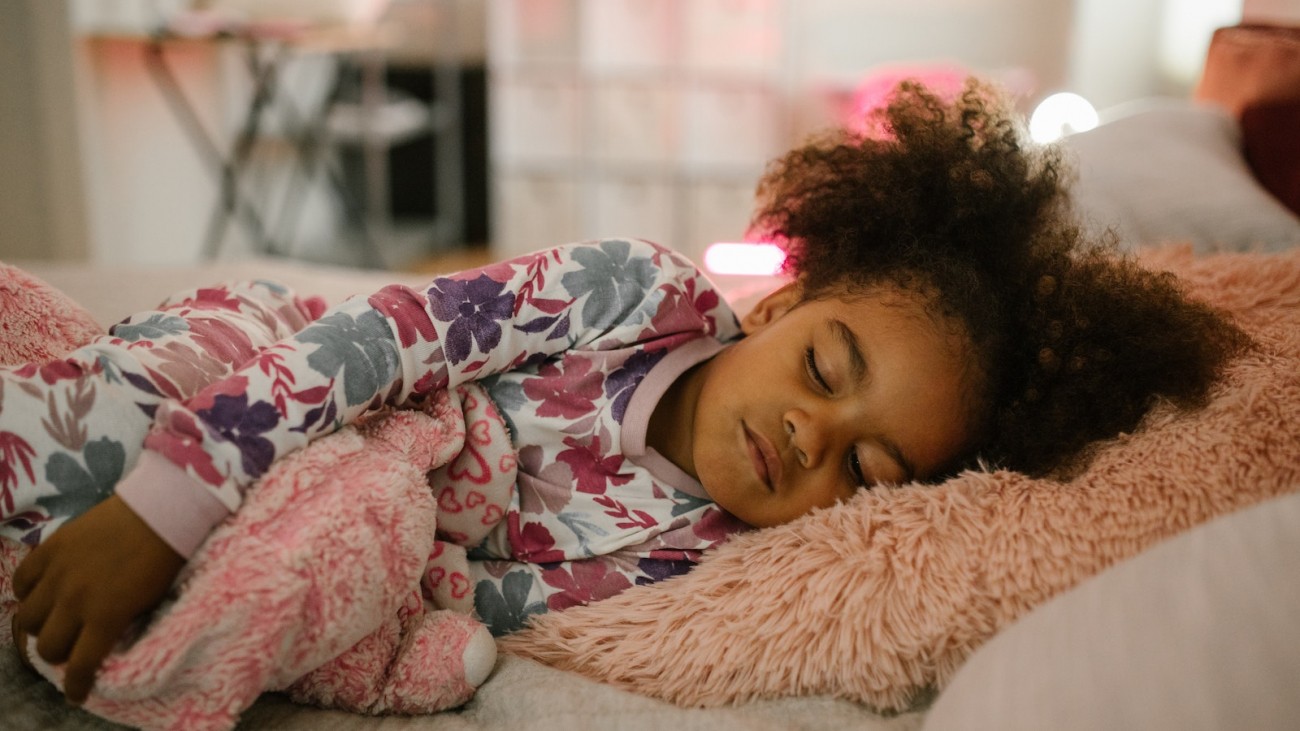
Sleep has become a casualty of modern life. If you or your children are excessively sleepy or just don't feel well rested in the morning, what can you do about it? Fortunately, there are many things we can do to improve sleep as individuals, family members, and a community.
Sleeping Environment
- Get comfy. Make sure your bed and bedding are comfortable.
- Remove distractions. Get the TV and mobile devices out of the bedroom. Avoid watching or listening to upsetting, violent, or scary materials within 2 hours of bedtime. That includes the news, conflict-filled talk shows, and high-anxiety dramas. (Ideally, don't expose younger children to such material at all. Older children and teens benefit from adults co-watching or close by to talk about any concerns that arise).
- Use the bed only for sleep, not for TV, reading, working, using a smartphone or tablet, or playing electronic games. (Adults with consenting partners can intimacy to the 'okay' list).
- Soothing sounds. Listen to relaxing music, sound from nature, or the sound of silence. Keep the noise level down. Consider earplugs if you can't control the environment.
- Security and safety. Before you head for bed, make sure your doors are locked, the stove is off, the iron in unplugged and the water taps are turned off.
- Darker is better. Turn the light off. Darkness promotes sleep and healthy levels of melatonin, an important hormone that regulates sleep and wakefulness. Also, light from screens such as, mobile devices, and tablets contains "blue light" that can suppress melatonin which promotes sleep. Avoid media screens for at least 1 hour before bedtime.
- A good solution is to set up a family overnight charging area for electronic devices such as tablets and smartphones that is far from the bedroom (e.g., on the kitchen table).
- Talk to your doctor if "breaking away" from electronic devices remains a challenge for you or your children. Digital media can be addictive for some people, but making the effort to keep devices out of the bedroom will help improve the quality of sleep.
- Keep it cool. Cooler room temperatures promote sleep and reduce perspiration, discomfort, and itching. But, a non-allergenic blanket close by is helpful if the temperature drops too far.
- Smell the roses, or better yet, lavender or chamomile. Soothing scents such as lavender have proven effective in helping people fall asleep, even in noisy intensive care units.
- Warm it up. A person warmed passively by a hot bath or sauna (not from intense exercise) falls asleep more quickly than someone who is cold. Even just a hot foot bath has proven helpful to ensuring good night's sleep; so even if for some reason you can't soak your entire body, consider a warm foot bath before bed to help you drift into dreamland. Keep the body warm and the room cool.
